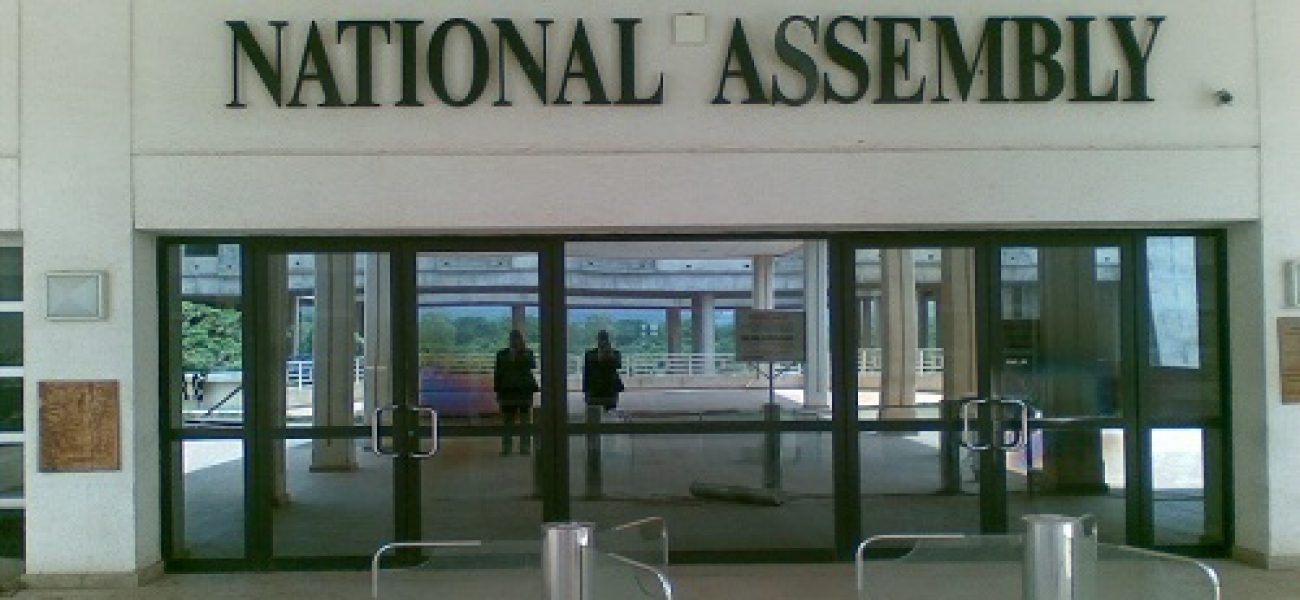The National Assembly has commenced plenary proceedings after the 2024 end-of-year break. Upon resumption of plenary on Tuesday, 16th January, NASS suspended its plenary to oversee budget defence by Ministries, Agencies and Departments.
The Senate in a public statement issued on Monday 13th January 2025, listed nearly 150 MDAs to whom it has issued notices to appear for their budget defence. The Senate held a consultation retreat with those agencies and invited religious leaders, traditional rulers, heads of Non-Governmental Organisations, Community Based Organisations and members of the public to an interactive session which held on Thursday, 16 January at the Senate conference room 231.
President Bola Ahmed Tinubu in presenting the budget on December 18, 2024 described it as a Budget of Restoration, sub-tagged “Securing Peace, Rebuilding Prosperity.” The total expenditure in the proposed budget is N49.7 trillion with N16.6 trillion as capital budget and N14 trillion as recurrent budget meaning that 30% of the budget is for recurrent expenditure and 34% for capital expenditure.
From the figures released, N4.91 trillion is earmarked for defence and security, N4.06 trillion for infrastructure, N3.5 trillion for education and N2.4 trillion for health. The 2025 budget has a deficit of 13.08 trillion. The budget has been passed for second reading and is now being considered by Committees who are overseeing the budget defence process.
It would appear that NASS is working towards passing the budget by the end of the month – January 31. It is however, unclear if NASS would have done all necessary scrutiny by this time. There is also a nagging worry that as NASS is considering the 2025 budget, the 2024 budget has received an extension of its life and it would seem that the capital expenditure of the budget will run until June 30, 2025.
Furthermore, observers worry that the 2025 budget was very late in being submitted, meaning that NASS, which is under pressure to pass it in just a few weeks, may really not do a good job of scrutinizing the proposed budget. This of course raises concerns about accountability and transparency in the Nigerian budget process.
Before this current administration came into power, an effort was made by the preceding Buhari lead administration to ensure that the country kept to a January-to-December budget cycle. There however seems to be a reversal of this practice. It would be recalled that the 2024 budget was hastily reviewed and approved by the National Assembly at the cusp of the New Year – a time when Nigerians were on holiday and the Assembly should have been on recess. Many legislators reportedly were not abreast with the content of the budget before its passage. With the late submission of the 2025 budget, it appears this scenario which lacks any justification is set to repeat itself.
Good budgeting practice requires that the President presents the budget to the NASS three to four months to the end of the year, to enable legislators do a thorough scrutiny of the budget.

